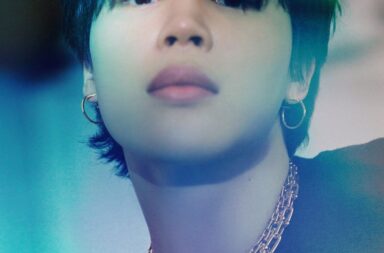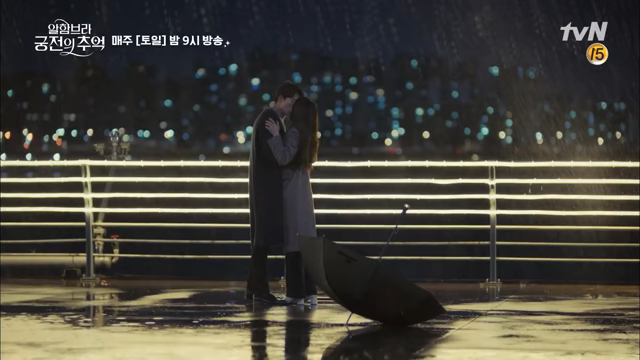
Memories of the Alhambra was quite the roller-coaster, ending its run with some impressive ratings. It had all the ingredients to make it a winning K-drama. The first eight episodes of the drama showed deft handling of the VR premise and a lot of promise both in terms of plot and character development. However, Memories was ultimately let down by some pretty glaring failures in the last eight episodes.
Starting with the positives, one of the strengths of this drama is the way it combined and contrasted reality and fiction, all while providing some subtle social commentary. In the first half of the drama, there were some great allusions to reality and fiction colliding. However, the last half of Memories of the Alhambra really upped the ante and we saw our characters having to deal with a merging of worlds beyond their control. Jin-woo (Hyun Bin) is no longer able to “log out”of the game and his virtual quests have become his new reality.
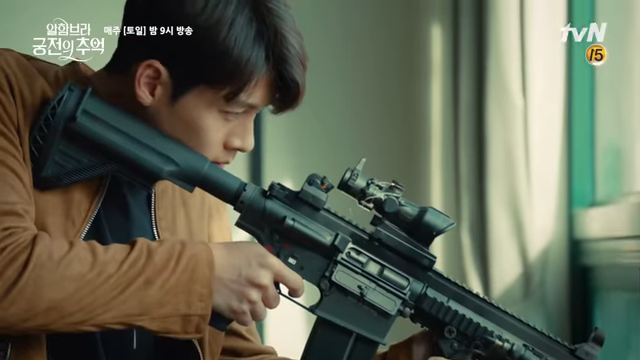
There is a scene where Jin-woo wonders “how much further can I fall?” That his words applied both in game and reality was compelling – there was no separating the two anymore. As the mystery of Se-joo (Park Chanyeol) took over his life, reality was closing in on him with murder accusations and company machinations running rife. The paradox of death was an interesting way to explore this concept of merged worlds: the death of a player was permanent in real life but fleeting within the game with the players locked in a relentless circle of resurrections.
At the heart of this exploration was the central message that reality can often be more dangerous than fiction. Whereas within the game there was some semblance of rules and order – for example, with thunder and rain appeared an enemy like clockwork – the machinations of sentinel human beings are way more unpredictable, and emotions more wrathful. Whilst in theory you can log out of a game, you definitely cannot log out of reality.
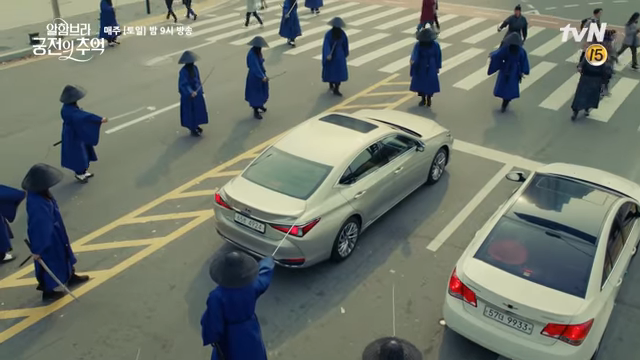
However, the VR premise was always double-edged sword: it could either elevate the drama to a league of its own or be its own downfall. Unfortunately for Memories of the Alhambrathe latter was true. Whilst the social commentary of the premise was strong, the mechanics of it began to falter in the last half of the drama. In the first eight episodes, the world-building was given sufficient focus with the game premise established well. However, when the VR concept needed to deliver a plot it fell down, leaving glaring plot holes or exposing some lazy world-building.
The most obvious were Se-joo’s predicament throughout the drama and Jin-woo’s fate at the end. Given that Se-joo’s whereabouts are the central plot device driving our characters actions, the reveal around his predicament felt rather inadequate. There was an attempt to explain the “instance dungeon” that Se-joo uses to survive within the game through a fleeting pop-up on-screen definition. However, the layperson in me needed to Google the concept to get even an inkling of what this meant because of how the drama skated over it.
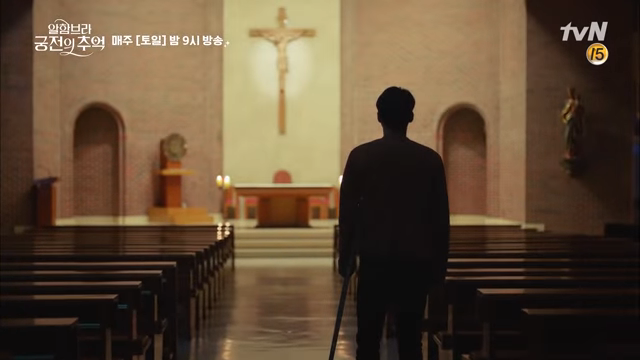
Jin-woo’s predicament was refreshing in that it wasn’t a neatly-tied-with-a-bow ending. At the same time however, questions remained around the world-building: is he alive the way Se-joo existed within the game? Are our two leads destined to only meet one another within the game? Will he age?! Ambiguous endings are fine so long as the world-building is solid enough to give viewers two or three possible scenarios to consider for how things could play out.
Ultimately, a few of the characters and the human relationships carried the drama along where the plot floundered. Hyun Bin’s portrayal of Jin-woo was superb, particularly in showing the physical and psychological impact of the VR game in a way that inspired empathy. The toll of the game on his body was palpable – refreshing given how often we see our unfailing, untiring hero valiantly battling evil in K-dramas. Instead, in Memories we see Jin-woo literally just about surviving. The scene where he is unsuccessfully fighting off zombies was evocative of the character fending off his own demons, both real and imagined.
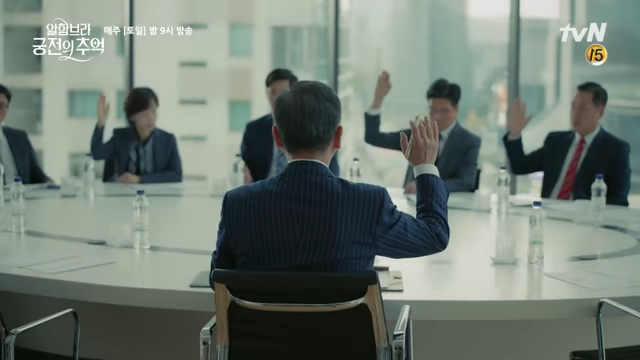
Meanwhile, antagonist Professor Cha (Kim Eui-sung) was fascinating. We see him portrayed initially as a righteous figure: he takes Jin-woo’s side over his son’s, seemingly choosing right over wrong rather than prioritising filial bonds. Instead it is precisely this ruthlessness that portents his later actions. It was indeed poetic justice that Professor Cha should die at the hand of his son – the virtual manifestation that has been haunting Jin-woo but the Professor refused to believe.
In the last few episodes the plot climaxed in a church which highlighted these complex relationships between fathers and sons, drawing parallels with religious symbology. Jin-woo offering himself as the ultimate sacrifice, the finality of some of the meetings between characters, and the ashes all harked back to biblical references and the futility of life despite technological advancements.
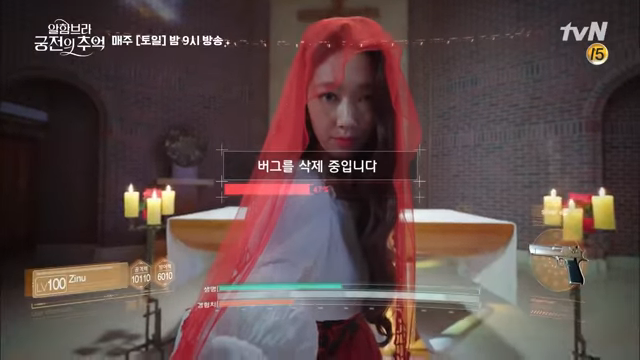
Whilst the male characters feel fleshed out and compelling, the treatment of the female characters was sorely disappointing. They were dismally under-utilised despite having lots of potential – Hee-joo (Park Shin-hye) in particular. I had high hopes that Hee-joo would come into her own in the latter half of the drama, with her being brought into the fold and having more of a stake in how things panned out.
However, Hee-joo’s presence practically revolved around other male characters whether that was playing love interest to Jin-woo or sister to Se-joo, the two characters that the plot revolved around. Rarely did she feel she was present because she herself added anything in her own right. Even if her relation to Se-joo had made her integral to the plot in some way for example by virtue of being able to offer clues, memories or context it would have gone some way towards addressing how tragically under-utilised the character was.
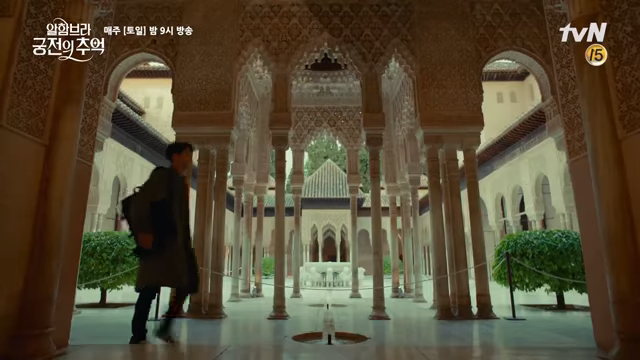
Instead, the three main adult female characters, Hee-joo, Yoo-ra (Han Bo-reum), and Soo-jin (Lee Shi-won) were limited to being pawns in the games of the male characters. The plot demanded they were used either as leverage or support for the men. The way characters such as Sang-beom (Lee Hak-joo) inserted himself into Hee-joo’s personal life believing himself to be a better judge of what’s best for her and how Hyun-suk (Park Hoon) had the audacity to question Soo-jin’s loyalty after literally seducing her away from her husband as revenge was irksome and a wasted opportunity to have some equally-fleshed out female characters.
In a K-drama that pits humans against technology, reality against fiction, it is surprising then that it’s the human relationships rather than the VR premise that really shines. Memories of the Alhambra was promoted as a sci-fi fantasy but its strengths actually lie in the story that it wove about people and what motivates them, whether that is love, power, or jealousy. The drama was compelling in its commentary about our virtual and real lives and how the lines between those are increasingly blurred. It is apt then that the overarching message that came out of it was one of human resilience in spite of our flaws.
(Images via TVN.)


